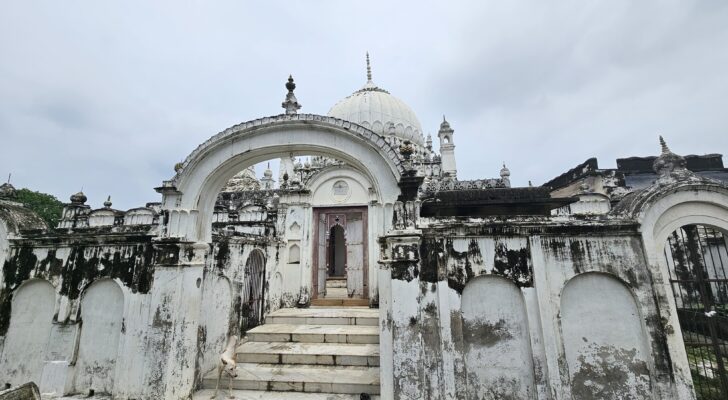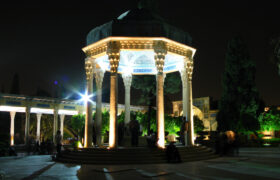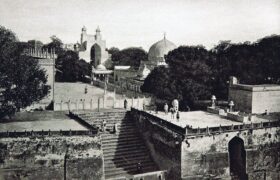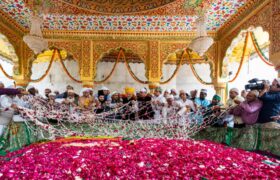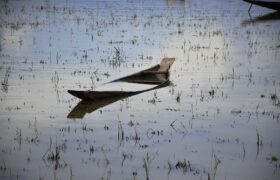संत साहित्य-श्री परशुराम चतुर्वेदी
कुछ दिनों पूर्व तक संतों का साहित्य प्रायः नीरस बानियों एवं पदों का एक अनुपयोगी संग्रह मात्र समझा जाता था और सर्व साधारण की दृष्टि में इसे हिंदी-साहित्य में कोई विशिष्ट पद पाने का अधिकार नहीं था। किंतु संत साहित्य को विचार-पूर्वक अध्ययन एवं अनुशीलन करने पर यह बात एक प्रकार से नितांत निराधार सिद्ध… continue reading








